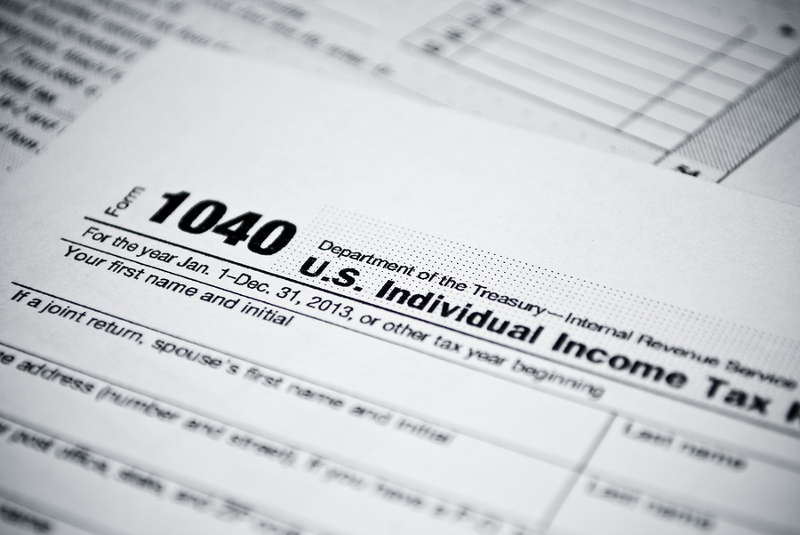You filed your taxes by the original or extended filing deadline. Maybe you had to make a payment to the IRS to resolve some outstanding tax debt or maybe you were like many taxpayers and received a tax refund when you filed. In any case, you believed that you were through with your yearly tax obligations, but then you realized that something wasn’t quite right. Perhaps you received a late 1099, W2, or remember some other long-forgotten consideration that didn’t make it into your tax filing. In any case, you realized that you needed to fix your taxes and provide the IRS new information or risk facing a tax audit or tax charges.
The Hoffman Law Offices are dedicated to assisting taxpayers with difficult tax issues and tax concerns. The Hoffman Law Offices can assist a taxpayer with amending his or her taxes and offers a broad array of tax services to keep taxpayers compliant. To schedule a free and confidential initial tax consultation, contact us at 800-897-3915 or contact us online today.
#1: Taxes can Only Be Amended via Paper Forms
If you have already filed taxes via Form 1040, 1040 EZ, 1040A, 1040NR, or 1040NR-EZ you may choose to amend your return by filing Form 1040X. While it is not mandatory to file an amended return, it can often be advantageous for a taxpayer to do so. However, an amendment to your taxes can only be filed via the tradition pen and paper method. Even if you filed your initial tax return online, you may only correct it by filing a paper 1040X. And if you have not filed your taxes, you must first file before you can amend.

#2: Filing an Amendment is not Mandatory
While there is an obligation to file and pay taxes, there is not a requirement by laws that forces taxpayers to amend their taxes – or else. Rather, taxpayers may choose to file an amendment, but they are under no obligation to do so. In fact, for some errors like a mechanical arithmetic oversight, the IRS will correct the tax filing on the taxpayer’s behalf. However, if you do choose to file an amended return you must be sure to correct all errors or misstatements. Stated differently, you cannot simply amend the parts of the return that will reduce your tax liability while refraining from altering items that would increase the tax you owe.
#3: You Must File an Amendment Within 3 Years
Not unlike filing your original return, making a timely filing is essential when it comes to taxes. Taxpayers who wish to amend a tax filing must file 1040X within two years of the date where the outstanding tax bill was paid or within 3 years of the original filing deadline, whichever comes later. Taxpayers who fail to file an amended return by the later of these dates may lose their right to file an appeal.
#4: Each return Must be Amended Individually
The discovery of income, expenses, estate planning considerations, or other tax considerations can have wide-ranging impacts. In some cases this new information or discovery can affect your tax filings for multiple years. Unfortunately, there is no method a taxpayer can use to amend all past returns with a single amended filing. Therefore a taxpayer who wishes to amended multiple tax years must file a Form 1040X for each year where changes to the filing are required.

#5: An Amended Return Does Not Reset the Statute of Limitations
Tax payers who are aware that new acts may extend the amount of time the IRS and Department of Justice have to bring charges may be surprised to learn that filing an amended return does not reset or otherwise toll the statute of limitations. For taxpayers who amend their returns and do not realize and increase in tax, the amended filing has no effect on the statute of limitations and does not extend it. If the amended return does create an increase in tax and it is filed within the 60 day period prior to the expiration of the statute of limitations, the IRS will only have 60 days to assess the tax. Some taxpayers can use this provision of the U.S. Tax Code strategically.
Rely on our Amended Tax Experience
Filing taxes requires an understanding of a complex set of complimentary and sometimes seemingly contradictory laws and regulations. The tax professionals of the Hoffman Law Offices can assist with your tax concerns. To schedule a free and confidential private tax consultation, call us at 800-897-3915 or contact us online.


